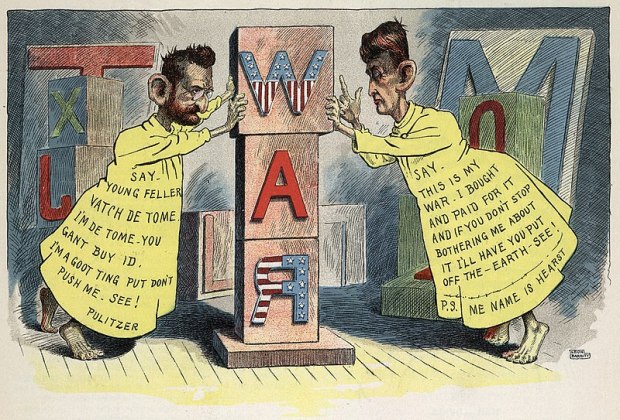I’m glad you decided to read this post. Maybe you aren’t so narrow minded after all. I’ve been doing a LOT of thinking in recent days. Recent events like the George Floyd murder, and police brutality riots, have really formed a crucible of hard thinking. One of things I realized about myself was that I tend to gravitate to philosophical level thinking on almost any issue. Take for example, the George Floyd murder, in my post I talked more about how to approach the moral and principles in Anarchy that comes along with taking action to stop innocent people from being murder. Rather than reverting to emotions, I use rational logic to try to solve the problem. I also notice that I’m consistently pointing out the morality of certain actions. In this post, I want do something different. I want to show you how I think. How I analyze. How do I look so intelligent? Yes, I read a lot of books. Yes, I have a degree. But those aren’t the reason why.
Acquiring KNOWLEDGE
I just said that books don’t make you intelligent. However, that doesn’t mean that books and reading aren’t a useful tool to enhance yourself. I would encourage reading especially of books that are non-fiction. Personally I read history, biographies, political and economic books. But any non-fictional topic can work. But you shouldn’t just stop learning after you put the book down. You continually pursue new information if possible. That could mean finding another book on that topic. It could mean looking up more information online. In addition, there is no better way to enhance your knowledge then talking to others about it. You can do this in a number of ways: person to person, social media, blogging, vlogging, podcasts…etc. I have found discussing the things you learn really helps reinforce it.
Considering Sources
Intelligent people realize that not all sources of information are created equal. Hence the phrase: Fake News. But rather than using the Trump citation: “You know it, I know it, We all know it”, there are ways to examine sources to ensure you have context for that information. One of the easiest ways to make sure you avoid confirmation bias is to use many different sources. Sources that argue something different, or contrary. The goal of using sources as evidence is to support your argument. A well structured argument consists of pro-sources and anti-sources. It considers both sides and offers a new angle on any given subject. The new angle part is where the intelligence of a person shines. Leading us to the next part.
Analytics
The reason why your analysis shows your intelligence is because its puts your ability to take information (sometimes a ton of it) and make a coherent and sensible argument of that information. It shows your ability to extract the most important parts and apply it to your argument. Over the years, I’ve become an expert at crafting arguments. The formula is quite simple:
- Present the argument as a question
- Present Sources for said argument
- Present Source against said argument
- Give background (usually before question)
- Show why pro-sources fit your argument better than against.
Now if you’re in a causal conversation, in person or online, you can use a similar format. First off, you need the other person or people to agree on the definitions and basis of argument. Then you will want to present your angle with pro-sources. Allow them to present their against angle. The trick is to have thought about and previously examined evidence against, so you won’t be surprised when someone uses it. This is something that I do all the time. I almost research the opposition harder than I do the thing I’m trying to argue. There is nothing more effective than making your opposition turn on their arguments. If you spell it out in way that shows where their logic and their argument falls apart, it really makes them reconsider.
PERSPECTIVE(S)
This is an important one. The last thing that give intelligent people an edge over others, is perspective. When you talk about perspectives, you have to realize that there are millions, billions and trillions of them. Its ignorant to think that your perspective could be the only right one. Remember, your perspective is your world view. Others experience the world differently. Thats why you should carefully consider other’s points of view even if you disagree with what they are saying. I often try to put myself in the shoes of people who still worship the state. Its not too hard because I once did that myself. I also find that reading a variety of sources really helps with this. If you can afford it, and are able to, you should try traveling. It might be the most expensive way (Doesn’t have to be tho) to open your mind.
You can travel cheaply if you really want to. But the benefits of taking a trip to another country especially a poor country, can be eye opening. You really can’t imagine how others live in the world. Experience it for yourself. Don’t worry if you can’t travel, you can read about other places, watch documentaries on other places, which is fine too.
Conclusion:
I hope this blog post was helpful. Its just a little insight to how I operate in my head. I don’t think everyone has the capability to be a philosophical thinker, because it requires an interest in learning that doesn’t exist for most. However, all my skills are learned, I’m not naturally intelligent. I would say I’m average. The difference is that I’ve been working on my skills for years. I’ve been honing my critical thinking, analytical and examination skills for 10 years now. Its never too late to start.
Thanks for reading
Check the Social Media













